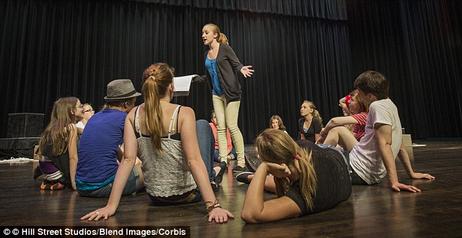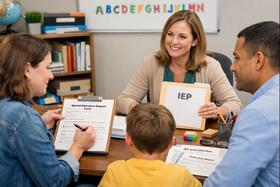Local schools and charter schools have historically clashed in many school districts. Local schools have complained that charters take away district funds and promote competition that has no place in the public school system. On the other hand, charter schools counter the fact that they typically receive less funding than other local schools, even though they are also considered public schools.
The District-Charter Collaboration Compact
The Bill and Melinda Gates Foundation is addressing this conflict directly at its source by providing financial incentives for charter and local schools to work together for the benefit of the students they serve. The District-Charter Collaboration Compact was designed by the foundation to encourage these two groups to find new and creative ways to work together to raise the bar on the standard of education in their communities. Schools that prove they can work well together will be rewarded with grants from the foundation that will go to providing access to consultants and advisors that will help them improve the quality of education across the board.
Vicki L. Phillips, director of education, College Ready, at the Bill and Melinda Gates Foundation, said in a press release on the foundation's website, "Traditional public schools and public charter schools share a common goal of preparing all students for future success. Too often, issues not tied to academic outcomes can make it difficult for schools and teachers to have the opportunity to learn from each other and build upon successful practices,






















